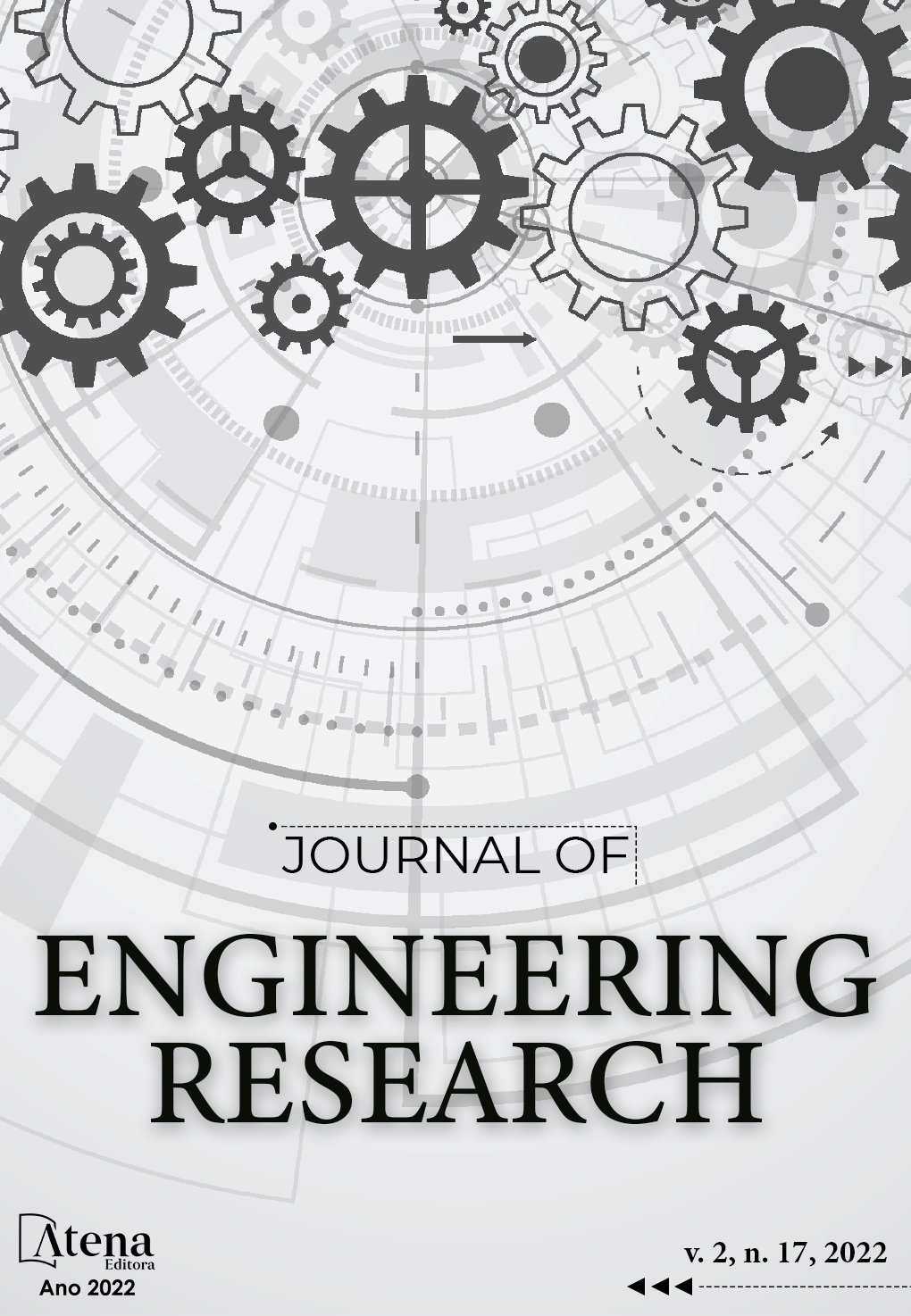
SIMULATION ROUTINE IN YADE (FREE ACCESS) FOR GRAIN FLOW IN LARGE SILOS USING DISCREET ELEMENT METHOD (DEM)
Granular systems exhibit behaviors not predicted in fluid mechanics or solid mechanics. Although in the past they have been treated in one field or another, in recent decades a whole new theoretical field has been developed to analyze phenomena that were known, but not well described in the literature. In Silos Movement, several situations can occur, such as in the flow of grains in an hourglass that, unlike liquids, the pressure on the walls is not proportional to the height. For this reason, when flowing, the grains can form tension arcs, blocking the flow. This flow of grains in silos is a topic of interest to several sectors of the economy. From grain silos in the agroindustry, through the transport of ores in mining to the flow of coal to the steel industry, with this I realized the importance of this topic. The flow characteristics of the grains depend on several factors, such as the shape and composition of the particle, to its mechanical properties. Adding this range of variations and the fact that the granular system is not continuous, its description through computer simulation is more suitable for observing flow behavior. Given this importance, several commercial platforms for monitoring and predicting flows have been developed in recent years, with high-cost licenses. However, there are open source solutions, which are based on the discrete element method, capable of performing large-scale simulations. With this, the present study presents an open code, adapted and tested in Python, using the discrete element method - DEM, with emphasis on the typical application in mining and steel. This code gives the opportunity to, in addition to understanding the routines, adapt them to the scenario in which it will be used.
SIMULATION ROUTINE IN YADE (FREE ACCESS) FOR GRAIN FLOW IN LARGE SILOS USING DISCREET ELEMENT METHOD (DEM)
-
DOI: 10.22533/at.ed.31721722020810
-
Palavras-chave: granular systems, flow, silos, tension arcs.
-
Keywords: granular systems, flow, silos, tension arcs.
-
Abstract:
Granular systems exhibit behaviors not predicted in fluid mechanics or solid mechanics. Although in the past they have been treated in one field or another, in recent decades a whole new theoretical field has been developed to analyze phenomena that were known, but not well described in the literature. In Silos Movement, several situations can occur, such as in the flow of grains in an hourglass that, unlike liquids, the pressure on the walls is not proportional to the height. For this reason, when flowing, the grains can form tension arcs, blocking the flow. This flow of grains in silos is a topic of interest to several sectors of the economy. From grain silos in the agroindustry, through the transport of ores in mining to the flow of coal to the steel industry, with this I realized the importance of this topic. The flow characteristics of the grains depend on several factors, such as the shape and composition of the particle, to its mechanical properties. Adding this range of variations and the fact that the granular system is not continuous, its description through computer simulation is more suitable for observing flow behavior. Given this importance, several commercial platforms for monitoring and predicting flows have been developed in recent years, with high-cost licenses. However, there are open source solutions, which are based on the discrete element method, capable of performing large-scale simulations. With this, the present study presents an open code, adapted and tested in Python, using the discrete element method - DEM, with emphasis on the typical application in mining and steel. This code gives the opportunity to, in addition to understanding the routines, adapt them to the scenario in which it will be used.
-
Número de páginas: 15
- Yara Daniel Ribeiro
- Gabriel Carvalho Matoso
- Hugo Oliveira Faria
- Alexandre Candido Soares


